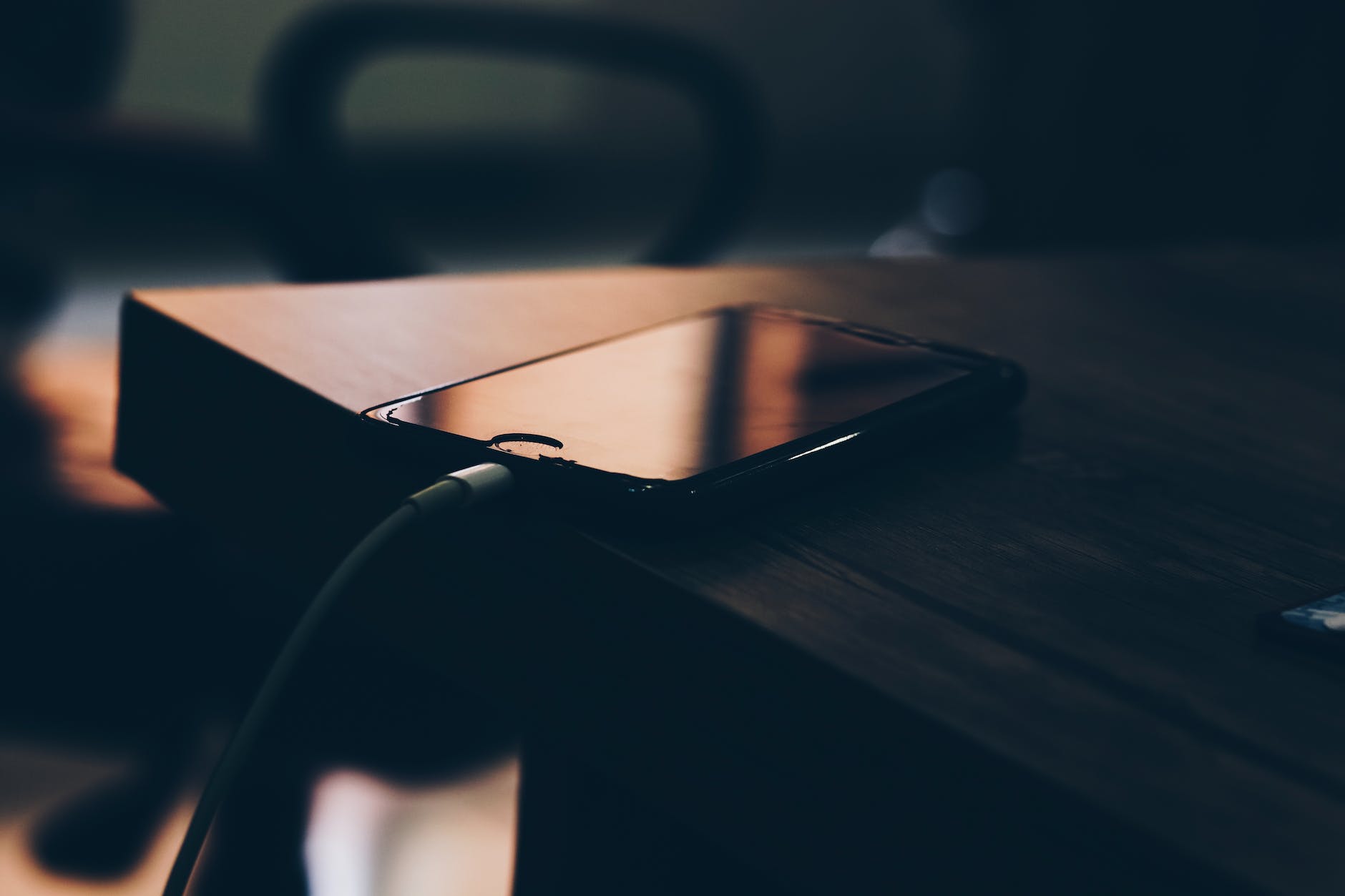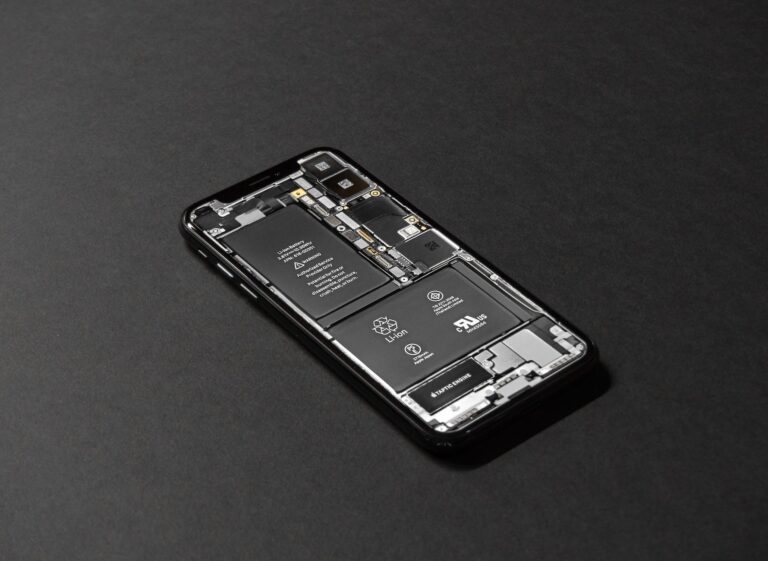In 2016, the Federal Bureau of Investigation (FBI) requested that Apple unlock an iPhone belonging to one of the shooters in the 2015 San Bernardino attack. Apple refused, citing concerns about the precedent it would set for future law enforcement requests and the potential security implications for its customers. The case sparked a heated debate about the balance between national security and personal privacy, and ultimately ended up in federal court.

The FBI argued that it needed access to the shooter’s iPhone in order to gather evidence and potentially identify any accomplices. Apple, on the other hand, argued that creating a backdoor into the iPhone’s operating system would compromise the security and privacy of all of its customers. Apple CEO Tim Cook issued a public letter stating that the company would not comply with the FBI’s request, saying “The government is asking Apple to hack our own users and undermine decades of security advancements that protect our customers.”
The case received significant media attention and became a high-profile legal battle between the government and a major tech company. Ultimately, the FBI was able to unlock the iPhone with the help of a third party and did not pursue the case against Apple further.

There are a few key reasons why the case ended the way it did. First, the FBI was eventually able to find a way to unlock the iPhone without Apple’s assistance, which removed the immediate pressure for Apple to comply with the request. Additionally, the case highlighted the potential risks and consequences of creating a backdoor into a widely-used device, which may have made it less appealing for the government to pursue the matter further.
Ultimately, the Apple-FBI case serves as a reminder of the complex balance between national security and personal privacy, and the need for careful consideration of the potential consequences of any action taken in this area. It also highlights the importance of strong encryption and the role that tech companies can play in protecting the privacy of their customers.

